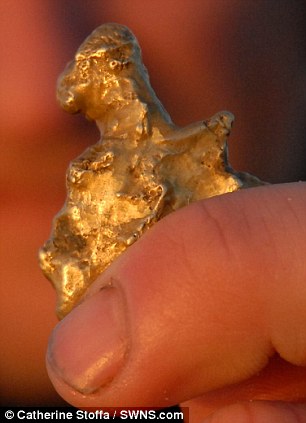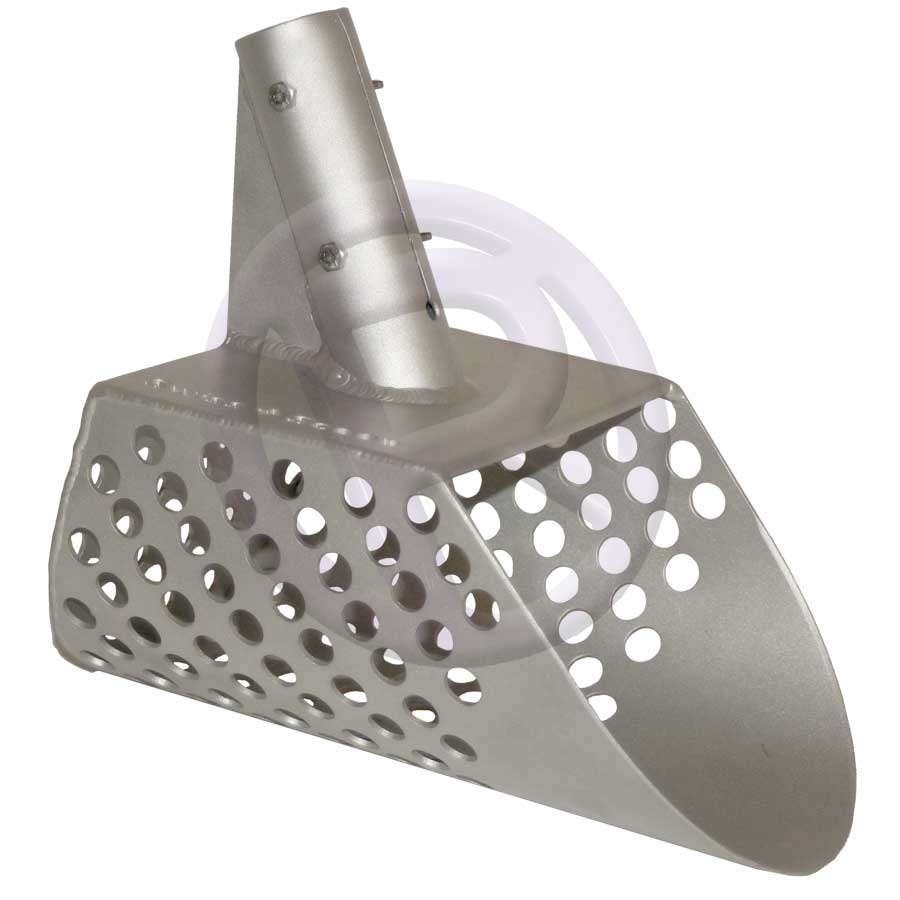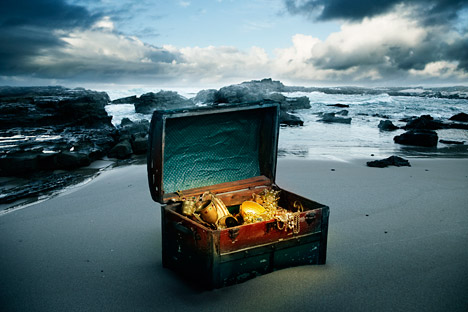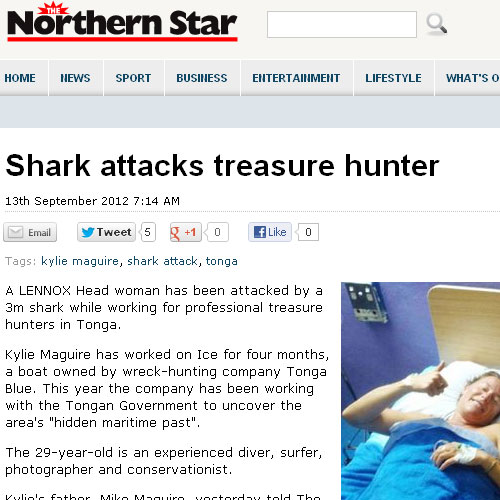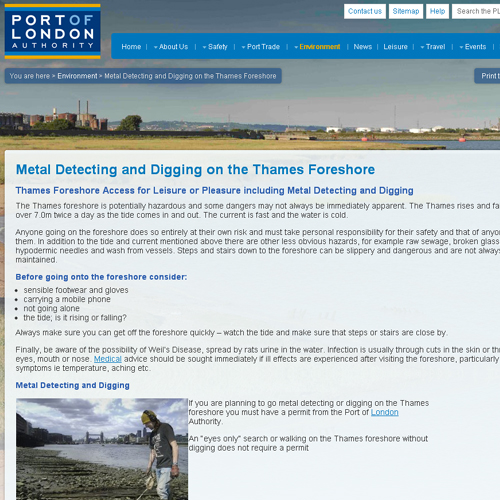If you are a beginner, or just want some extra information about Metal Detecting, this guide is here to help you understand the hobby.
Which machine is best for you?
You need to ask yourself the following questions:
- How much are you willing to spend?
- How much time will you devote to detecting?
- How good are you at adapting to new technology?
- Where will you be going to detect?
What equipment to I need?
Basic Kit:
- Warm or waterproof clothing (weather condition’s apply)
- Sturdy boots (not steel toe) or wellies,
- Water,
- Gloves,
- Basic first aid kit,
- Insect repellent,
- Notepad and pencil,
- Mobile phone,
- Trowel,
- Headphones,
- Batteries
- And most importantly your metal detector!

Search Coils
There are a variety of search coils available for metal detectors. They range from a few inches across to a whopping 18”. Several detector manufactures offer the ability to interchange from one type of coil to another. It is always advised, before you make a purchase, to check that the type of detector you wish to buy can use Interchangeable coils.
Concentric coil
The Concentric coil uses an inverted cone search field. They are often better when searching junk-infested sites. Available solid or with open centre.

2D Widescan coil
A wider coil can detect deeper over a greater area with each sweep. This type of coil offers a ‘knife’ like search pattern. They are more selective generally give more finds in the shallow to medium depths than equivalent concentric coils.

Eliptical Coil
This coil is ideal for getting into those tight areas and iron contaminated ground. They can be either concentric but normally 2D coils.

Headphones
Headphones are not essential when metal detecting. However, it is recommended as they help eliminate outside noise that may mask faint signals.
Most modern metal detectors are compatible with any type of headphone, including CD/mp3 player types.
Below are two examples of headphones that are available.
XP Backphone NEW BLUE TypeBackphone

With 6.3mm jack adapter, foldable in three parts, very light, fits around the back of the head with volume control.
Digging Tools
So how are you going to get what you have found out of the ground?
It is very important that you have good quality digging tools for the job. There are a variety of tools available from a simple trowel to a foot assisted spade. The strongest you can afford is highly recommended.
Tight budget? £2.95
Splash out! £17.95
Black Ada Invader II mild steel metal detector trowel
High quality stainless steel sand scoop

Black Ada Sand Scoop mild steel
Pinpoint Probes
These small metal detectors are normally used when a small object proves difficult to locate in the hole you have just dug. A tiny LED light is often fitted to show it’s on & to help illuminate down a hole. The probe is very small and fits easily in a pouch or pocket.
Garrett Pro-Pointer Metal Detector. Pinpoint Probe

Find Bags
Now you have found your precious artefacts, you don’t want to damage them. Stuffing them into your pocket is going to do more damage than good. This is why a finds bag/pouch is recommended. You should also take the rubbish that you find home with you or you will find it next time. A popular choice for finds bags are waistband pouches. A little tip: Carry self-sealing polythene bags to keep delicate finds separate from one another.
Garrett Finds Pouch with internal pocket

Hobby Metal Detecting:
